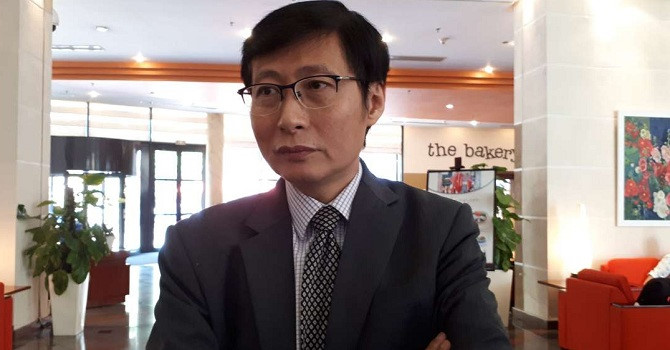
In your opinion, does the cancellation of international bidding on the North-South Expressway affect foreign investors’ evaluation of Việt Nam's business environment?
Given the experiences of some countries, the cancellation of the bidding is notthing new. However, it occurred at a time when it's still unclear how Việt Nam's Law on Public Private Partnerships (PPP) will be finalised and when it will take effect.
When investors assess Việt Nam’s economy, especially the country's infrastructure development, they are interested in the overall picture including its public investment plans for infrastructure development. At present, Việt Nam has no specific policy yet, because the public investment plan depends on the medium-term socio-economic development plan for 2021–2025 which is still being drawn up, while the socio-economic development strategy until 2030 is not yet available.
Investors will inevitably be confused because they don’t know how the State Budget will be allocated or what the Government’s priorities are.
Will the bidding cancellation have an impact on the progress of the North-South Expressway?
It depends on the current capital resources. In Việt Nam, there are many ways to access capital, including FDI (foreign direct investment) and ODA (official development assistance).
Due to public debt, Việt Nam has limited its use of State capital and turned to private resources through the PPP model or bidding. However, given the country’s high economic growth public debt has been improved, Việt Nam needs to consider its use of capital, but we still need to be careful.
A hasty decision would not only affect the quality of capital but also the development of the whole infrastructure system.
Of course, the cancellation of bidding may affect the project’s progress, but the issue here is to choose between quality or progress. If quality is more important than progress, more consideration should be given to the selection of an appropriate source.
Given the fact that in the past many Build-Operate-Transfer (BOT) projects have faced difficulties, it is necessary to consider which source ensures high quality. The application of electronic tolls on the highway is also a must.
The cancellation of international bidding will enable domestic enterprises to compete for the implementation of eight projects. In your opinion, is it feasible?
Firstly, in terms of capital resources, I think that if domestic enterprises win the bidding, they should clarify where the capital is coming from.
There will be some businesses that will raise capital through corporate bonds or the stock market. However, most of them will raise capital via the banking system. This will be a burden for the system because its capital is not only for infrastructure but also for other priorities.
The capacity of domestic investors is also a problem. Vietnamese investors’ capacity has been strengthened but the most important issue is the openness and transparency of policies relating to bidding and site clearance.
Surveys by ADB and many ODA organisations show the most difficult problem in implementing a project is to ensure clean space for businesses, or resettlement and environmental issues.
The capacity of a business is assessed by its technology, management capacity and quality of workers. A number of Vietnamese enterprises have shown their capacity in these fields.


















